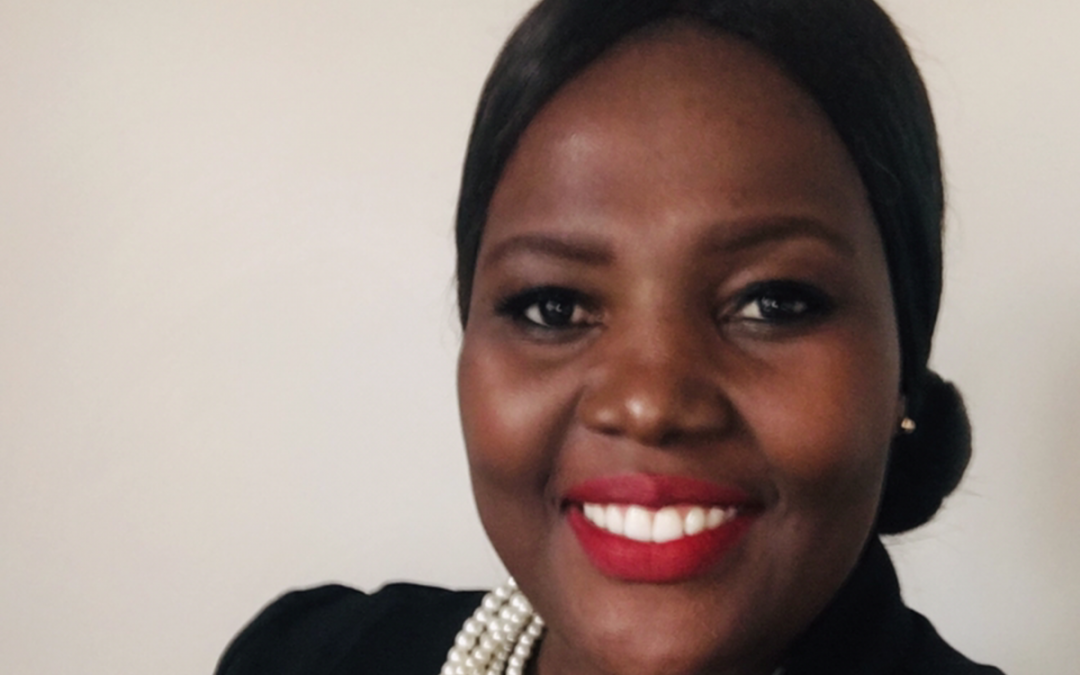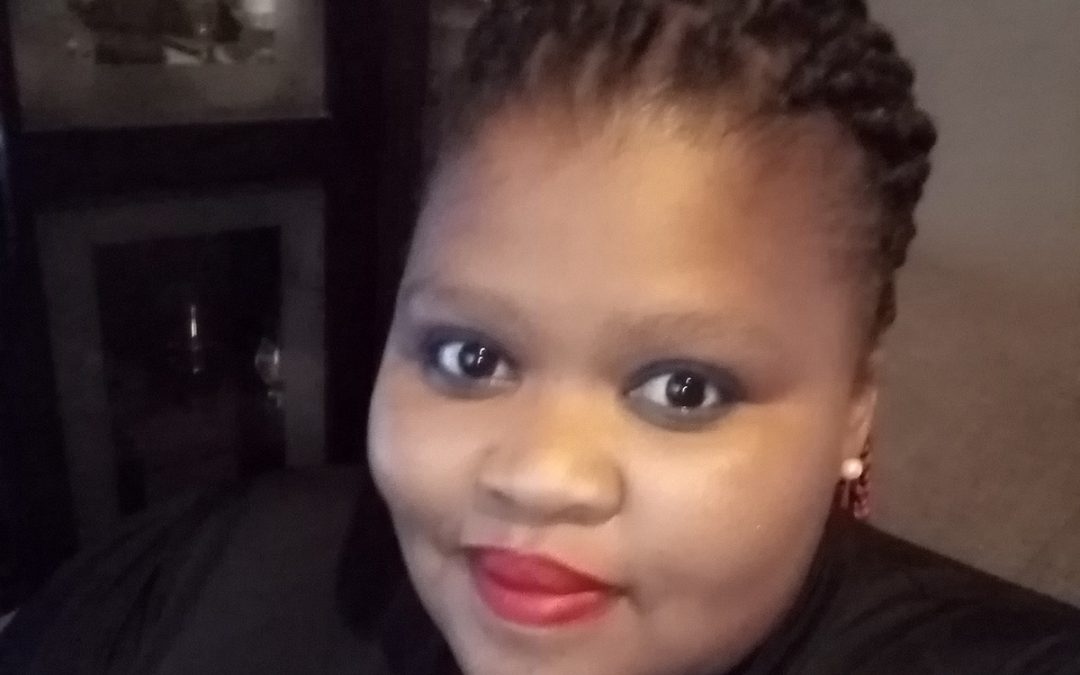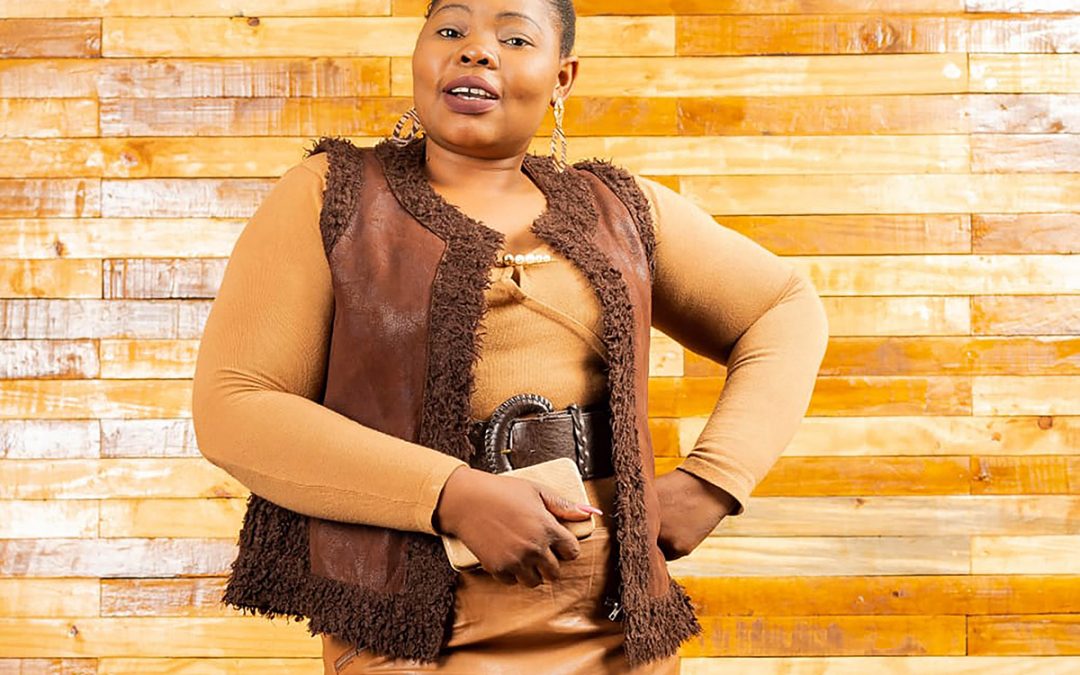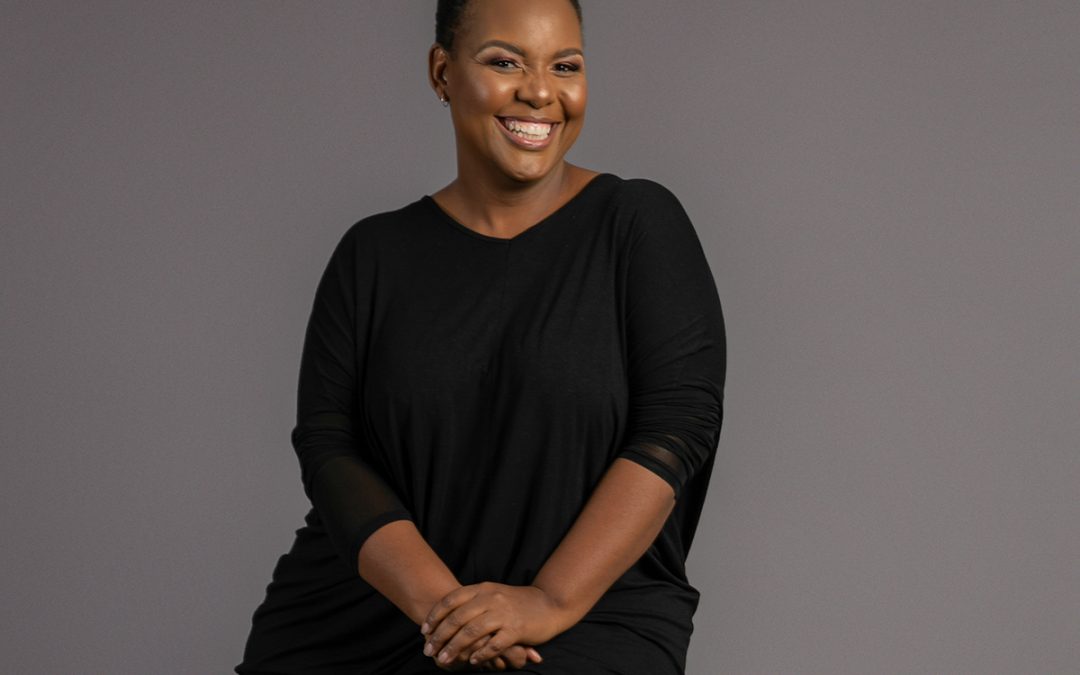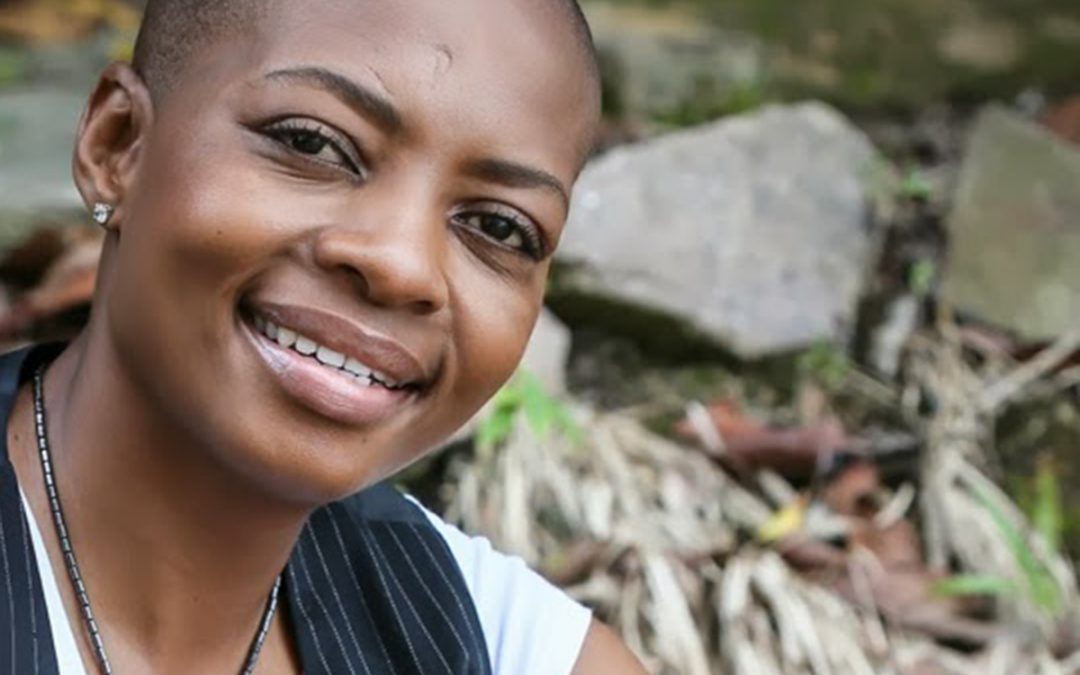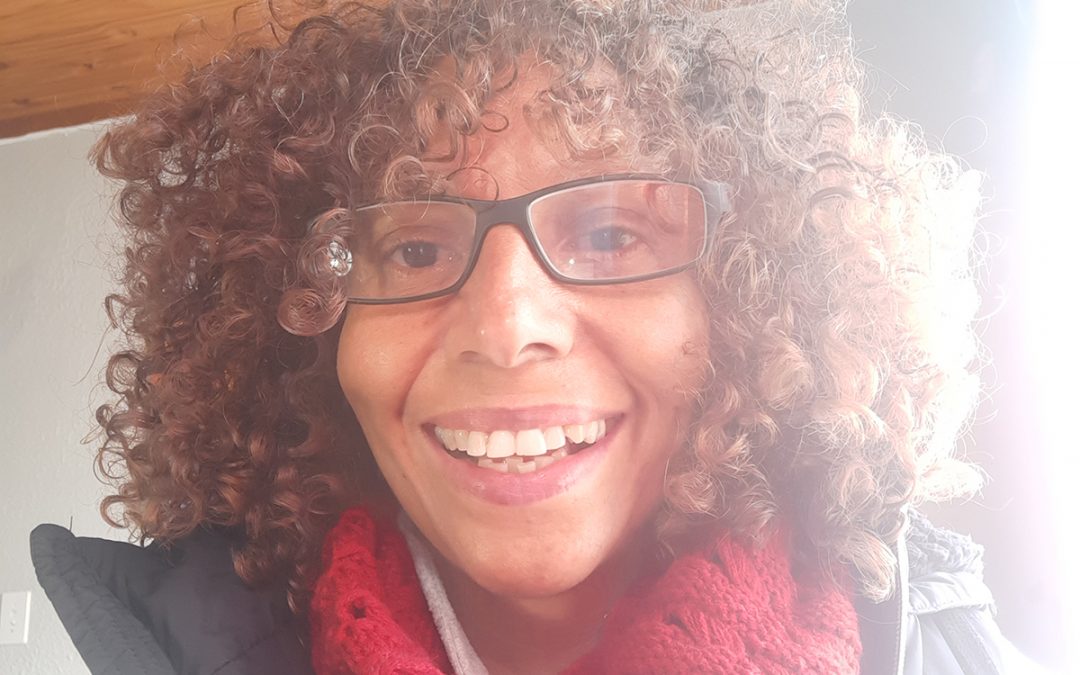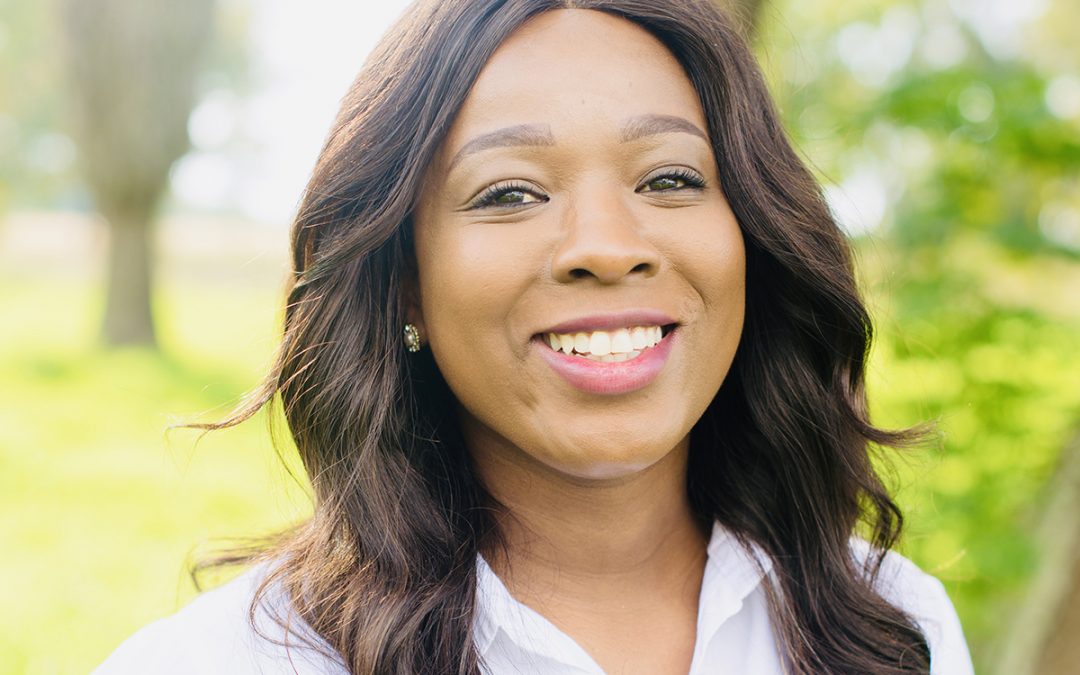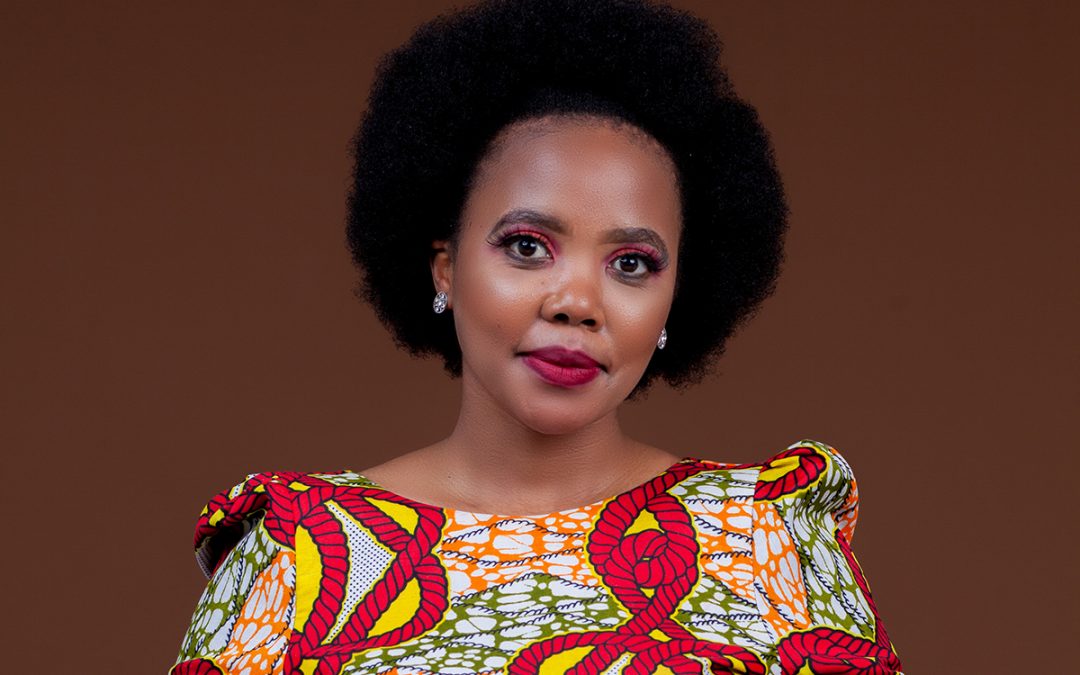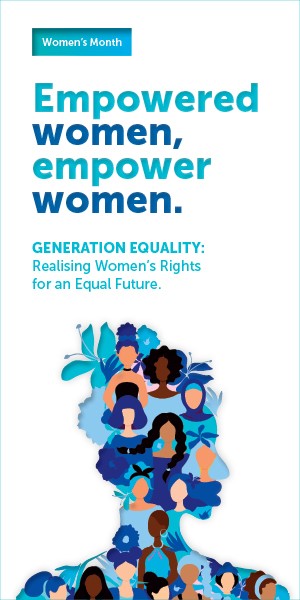Dr Nthabiseng Moleko left the private sector, where she worked in the pension fund industry, to study development finance. She was compelled to study further by her passion to find ways to better serve South Africans. Little did she know that she would become the first woman to obtain a PhD in development finance. “I was also looking to utilise economics and finance developmentally,” she says.
“It was then that I spotted an advert in the paper for a master’s programme in development finance. I had never seen this type of programme and knew it was perfect given my passion and interest in alternative theory
and the developmental use of finance and economics.”
During her tenure in the economic development sector, she was again notified by a colleague of applications open for a PhD in development finance. “I applied as I foresaw its relevance theoretically and practically in the advancement of the South African and the African economy.”
By 30, she was already an experienced former project manager and researcher at the Eastern Cape Socio-Economic Consultative Council and had just been appointed chief executive officer of the Joe Gqabi Economic Development Agency. “A silent challenge I want to mention is age discrimination, particularly against women, where people think that, because of your age, you cannot handle specific roles,” she says of her experience of being successful at a young age.
“I don’t believe that you have to wait until you’re much older. People can do much good in their youth, while they have energy. We need energy, passion and innovation to rebuild South Africa and our continent. We need new ideas, and these will likely come from younger generations.”
What makes Moleko most proud of her PhD is its relevance to South African society today, as it means she can offer thought leadership on matters of development finance. “The PhD is about pension funds and national development. It’s a real issue in the country right now, so I’m very proud that it’s a relevant thesis. That’s how education should be – that we inform on issues in the country and how to improve policymaking and advise on reforms.”
As commissioner at the Commission for Gender Equality, Moleko is charged with the agenda of monitoring and putting into place compelling policy imperatives to ensure that gender equality objectives are attained and remain at the forefront of public and policy discourse.
Disparities between what men and women earn for the same work, limited participation in informal sectors, men being 12% more likely to find employment — and once employed, receiving better wages, benefits, pensions, leave and more — are all challenges that remain, in spite of the many gains South Africa has made regarding tackling its gender inequality issues. Conscious of these challenges, Dr Moleko acknowledges there is so much more work to be done and says gender-based violence remains an issue “we have no panacea for”.
“Gender equality cannot exist in an environment where women and children are brutalised or are at the risk of being brutalised daily,” she says.
I would encourage us to find local, Africa-embedded solutions that consider the local context. All disciplines need us, and women are able to conceive new things that bring life. The generation of ideas for the current and future generations needs more innovators, diverse thinkers and disruptors.


